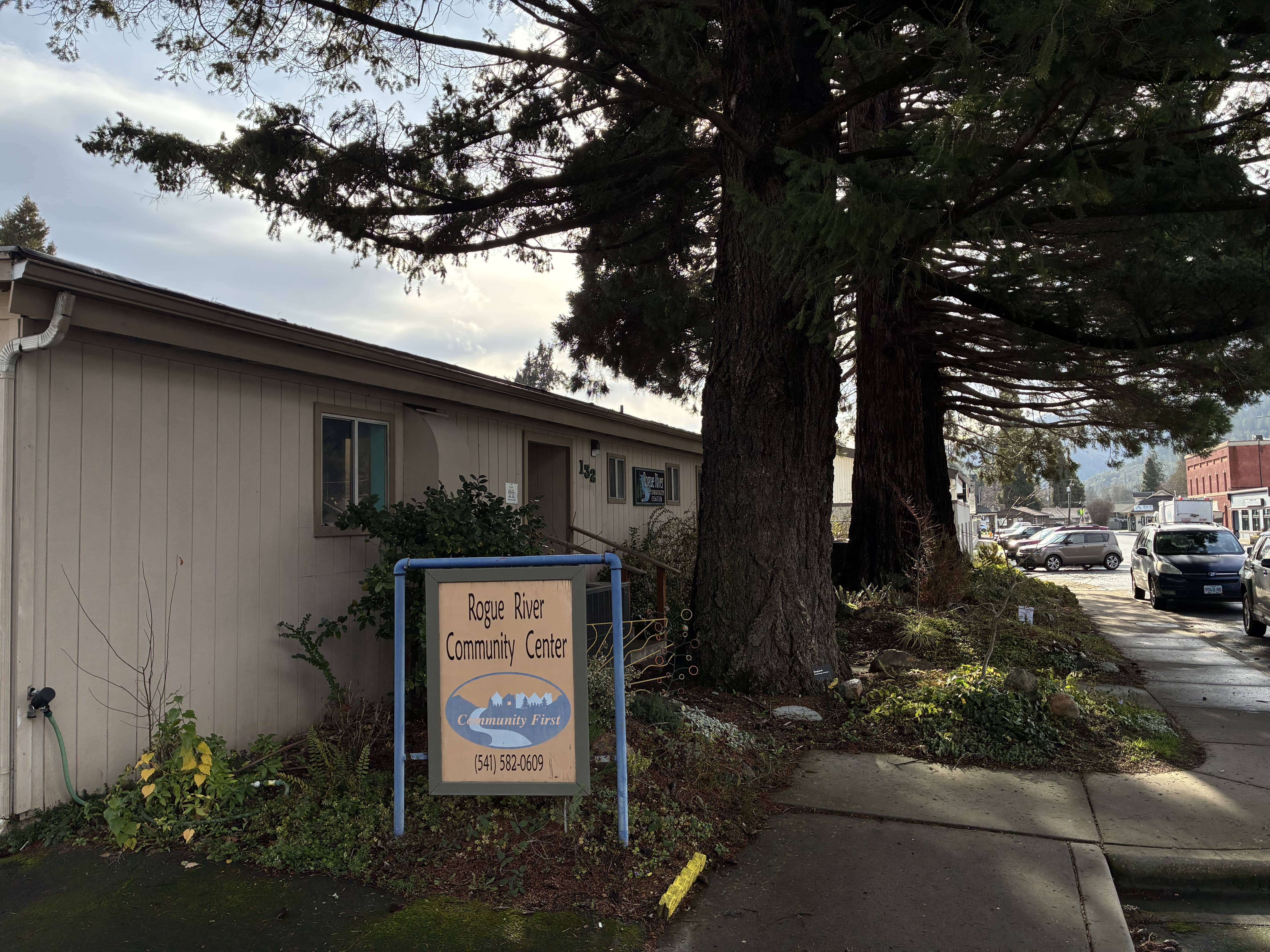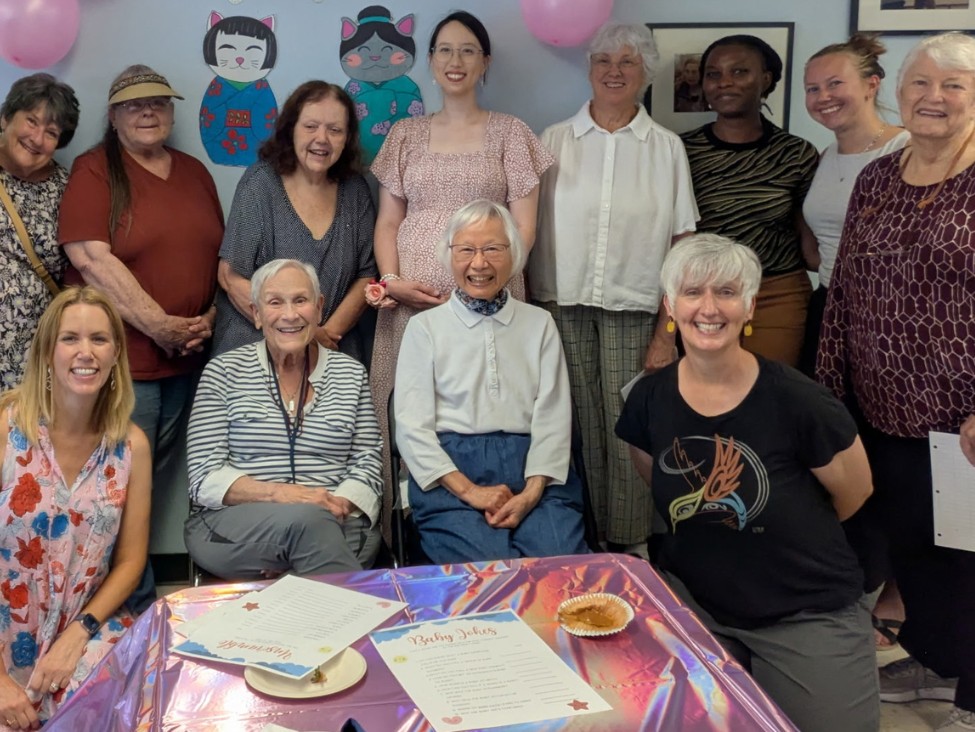Earliest Stage Detection of Lewy Body Dementia Research Study
Possibly the most important goal in dementia research is to develop the ability to prevent neurodegenerative diseases that cause dementia. Developing accurate detection screening is key to allow for early intervention.

Earliest Stage Detection of Lewy Body Dementia Research Study – Portland, OR
Oregon Health & Science University (OHSU) is Oregon’s only academic health center and its premier bioscience research university. OHSU encompasses two teaching hospitals, dozens of specialty outpatient clinics, scores of research units, and five professional educational programs — in medicine, nursing, dentistry, pharmacy, and science and engineering. OHSU brings together patient care, research, education of the next generation of health care providers and scientists, and community service to improve the health and well-being of all Oregonians.
OHSU and Dr. Gregory Scott, M.D., Ph.D, Asst Professor OHSU, are searching for innovative ways to reduce the impact of Alzheimer’s and dementia on individuals. Possibly the most important goal in dementia research is to develop the ability to prevent neurodegenerative diseases that cause dementia. In that respect, the neuroscience community is trying to follow the example of oncology, where screening for cancer and early intervention are correctly appreciated as the key to optimal patient care, and have been incorporated into clinical practice with great results. However, it is much more challenging to screen for disease-associated changes in brain tissue, which is much less accessible than peripheral organs. A number of scientists have recently identified changes in the skin and gastrointestinal tract that may serve as early markers of "lewy body" diseases, such as Lewy body dementia (LBD). These changes in accessible tissues may precede symptoms of these dementing illnesses by a decade or more, and early identification creates an opportunity for early intervention.
Dr. Scott is embarking on a two-year research study titled “Unveiling the Earliest Stage of Dementia and Lewy Body Disease by Using a Skin Biopsy”. During this project, Dr. Scott will use skin tests (seeded aggregation assay and microscopy) on skin biopsies taken in individuals many years before a diagnosis of LBD. These are otherwise unused historic skin biopsies obtained for other reasons that are archived in the Department of Pathology at OHSU and the Portland VA. The project requires an unusual mixture of data mining and wet lab research skills, where analysis of medical records spanning decades before and after diagnosis are combined with tissue studies of archived biopsies from the same individuals.
At the end of the two years, Dr. Scott’s goals are to be able to measure how many years before a diagnosis each skin test can reliably detect LBD from controls. Additionally, he will assess the predictive power of each test to forecast patient outcomes.
One of the key areas of giving for the JTMF Foundation is the prevention, detection, treatment and cure of all forms of Alzheimer’s and dementia. We are excited to support the research of innovative young individuals such as Dr. Scott in his pursuit of these same goals.


